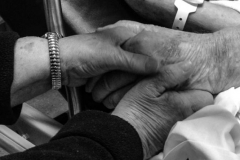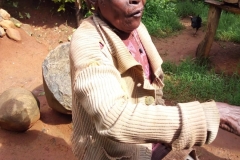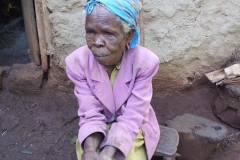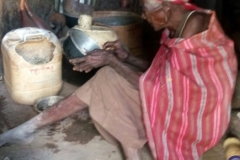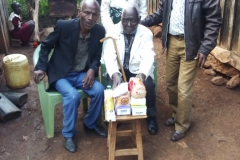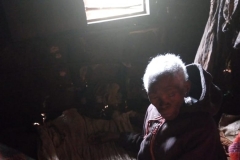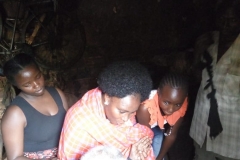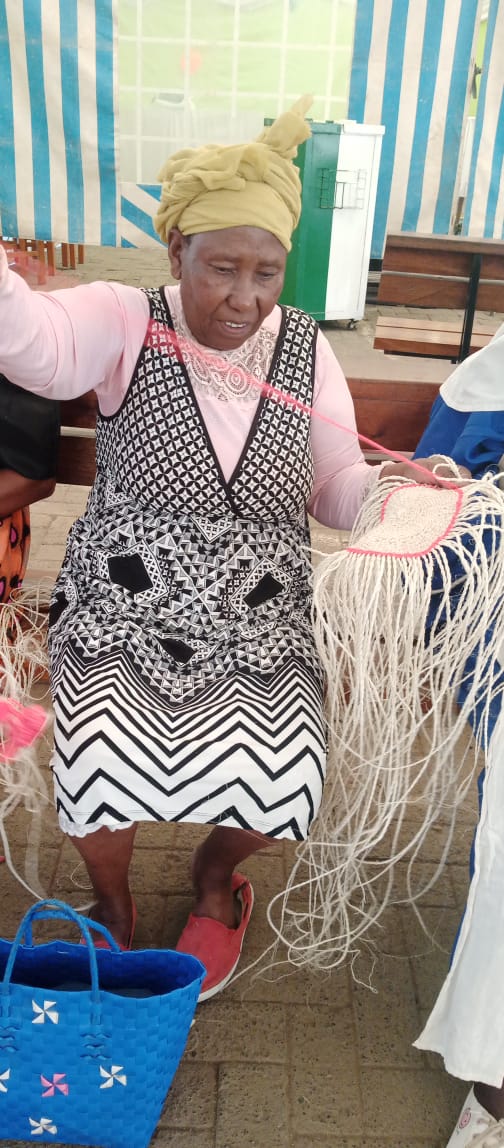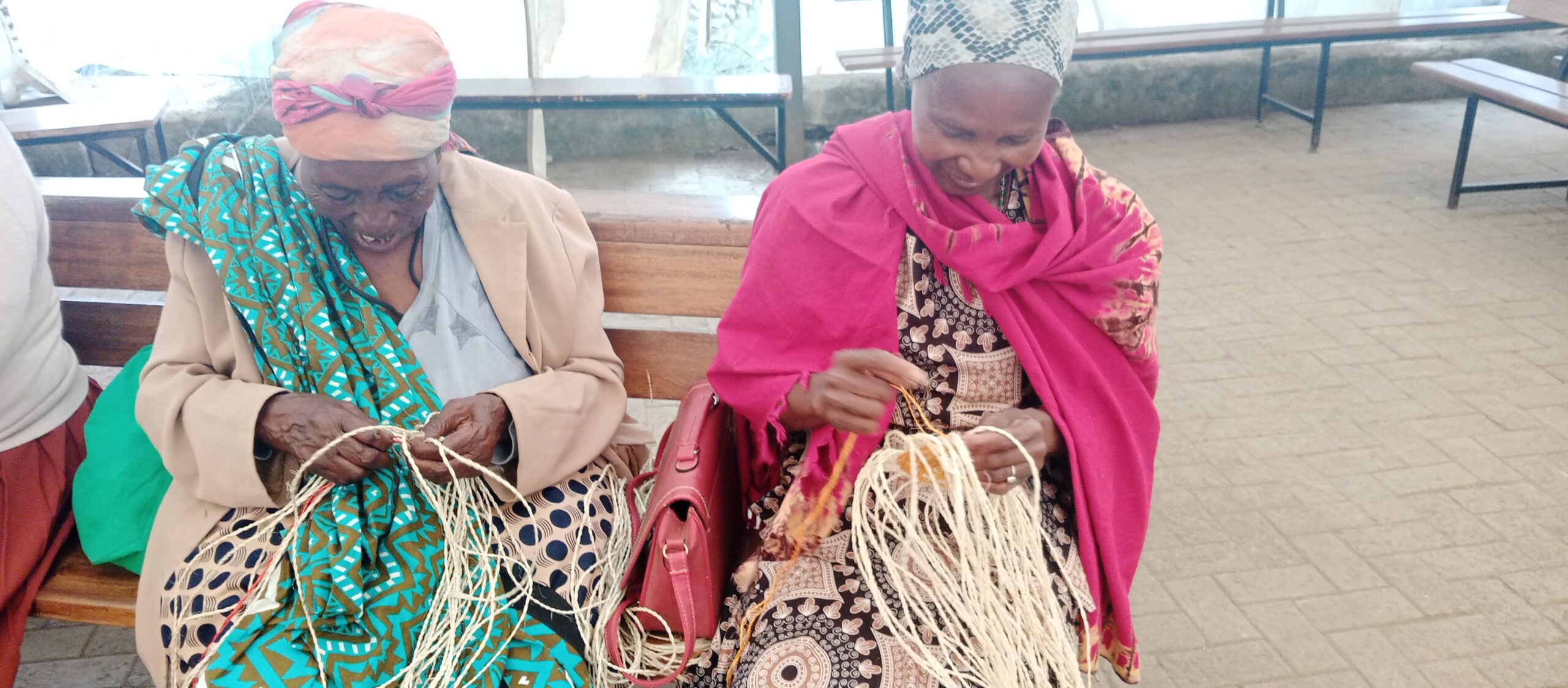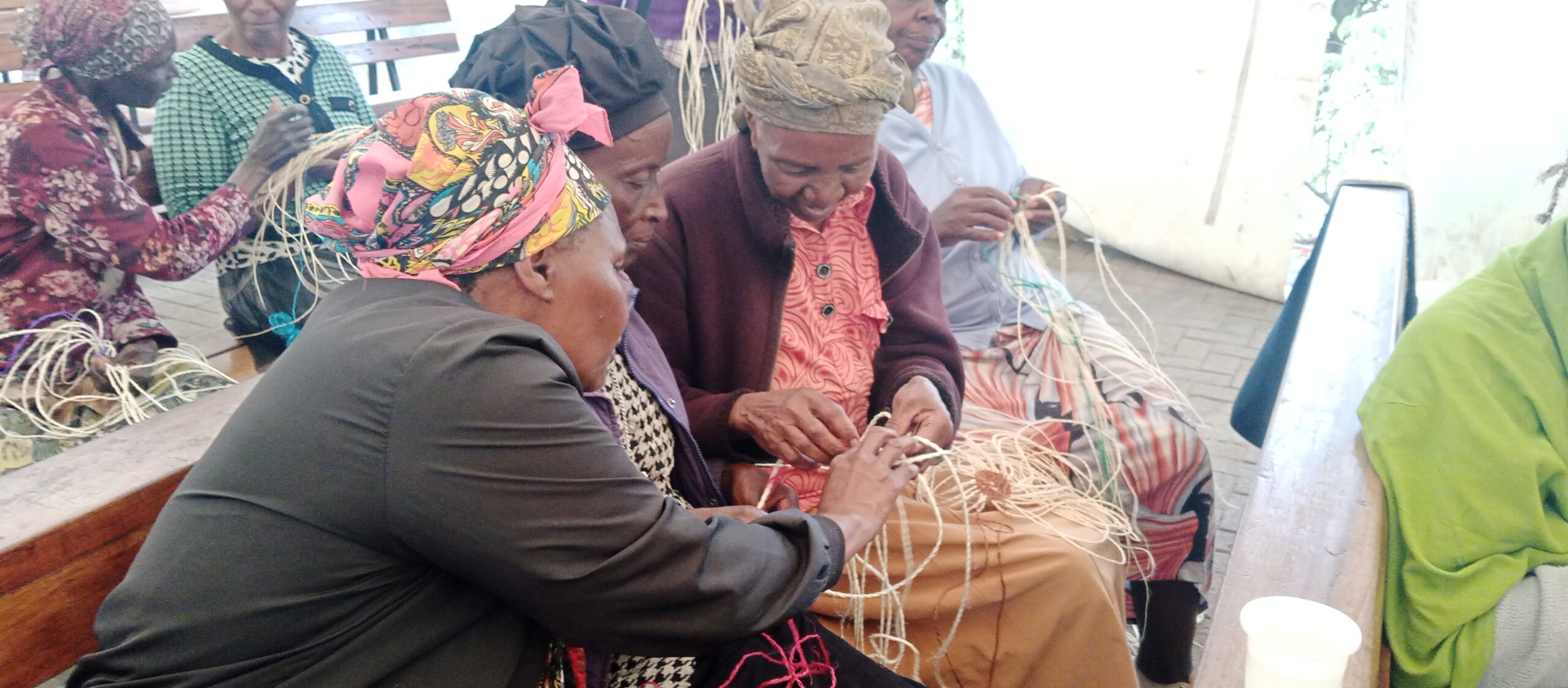Preventing Burnout Through Education
Setting Boundaries in Elderly Care: A Buffer Against Burnout”
Caring for the elderly is a noble but demanding profession that can lead to burnout if not managed properly. Burnout is characterised by physical, emotional, and mental exhaustion. To prevent or outburst burnout while caring for the elderly, it’s crucial to prioritise self-care, set boundaries, seek support, and find fulfilment in your work.
First and foremost, self-care is essential. This means taking care of your own physical and mental health. Make sure to get enough sleep, maintain a healthy diet, and engage in regular exercise. These practices will help you build resilience and better cope with the challenges of elderly care.
Setting boundaries is another crucial step in preventing burnout. It’s essential to establish clear limits on your work hours and responsibilities. Avoid taking on more than you can handle, and learn to say no when necessary. Overextending yourself can quickly lead to burnout, so it’s vital to protect your own well-being.
Seeking support is a critical aspect of managing burnout. Connect with people who understand the unique challenges of elderly care. Share your experiences and concerns with them, and consider seeking supervision or counselings if you’re struggling with the emotional toll of the job. Support from peers and professionals can provide valuable insights and emotional relief.
Finding fulfilment in your work can also help combat burnout. Focus on the positive aspects of care giving and the impact you have on the lives of the elderly individuals you care for. Celebrate small victories and moments of connection with the elderly. Recognising the significance of your role can boost your motivation and job satisfaction.
Additionally, it’s important to practice stress-reduction techniques. Meditation, deep breathing exercises, and mindfulness can help you manage stress and maintain a sense of calm amidst the challenges of elderly care. These techniques can also improve your emotional resilience, making it easier to handle difficult situations.
Finally, take regular breaks and vacations. Care-giving can be emotionally draining, so it’s essential to recharge. Use your time off to relax and engage in activities that bring you joy and relaxation.
In conclusion, preventing or out bursting burnout while caring for the elderly requires a holistic approach. By taking these steps, you can continue to provide high-quality care to the elderly while safeguarding your own well-being. Remember, caring for yourself is just as important as caring for others.


